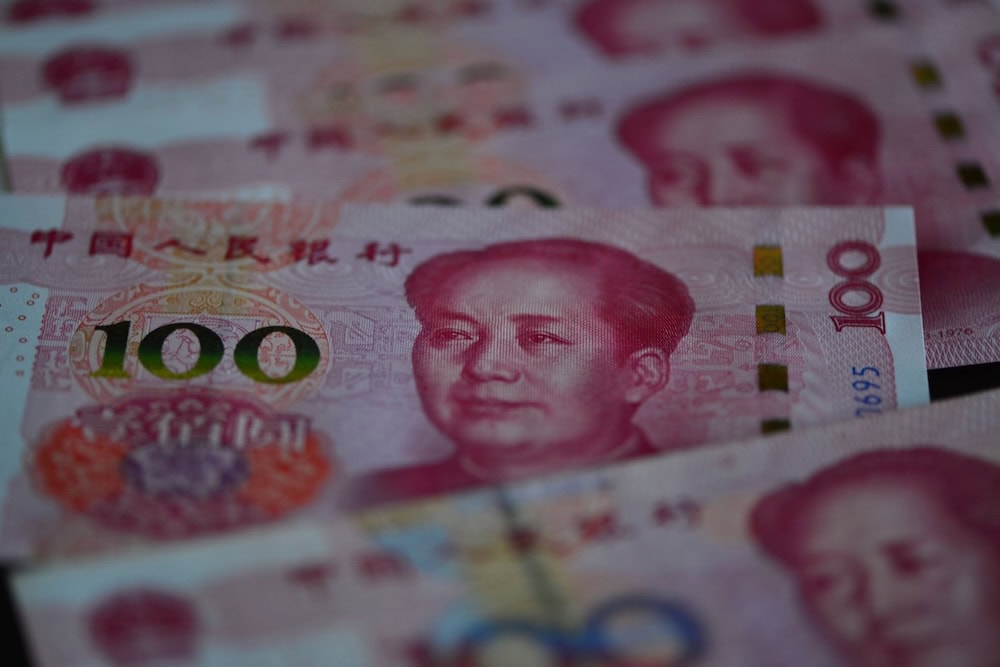"Suppressing unwelcome news and faking optimism creates an environment in which mistakes are not corrected and errors compound."
This statement was originally published on freedomhouse.org as part of its China Media Bulletin 184, September 2024.
By suppressing negative content, the regime could blind itself to China’s economic reality and motivate citizens to seek out uncensored information.
Last week, the Chinese government unveiled a massive stimulus package intended to pull the country’s economy out of its protracted slump. The Chinese stock market responded to the planned measures – including interest-rate cuts, smaller down payments for mortgages, and more liquidity for banks – with the largest single-week jump since 2008. However, in the flurry of global news stories and opinion pieces about Beijing’s bold move, many of which cast doubt on its long-term effectiveness, the absence of critical analysis from Chinese economists was glaring.
This is an unfortunate result of the Chinese government’s increasingly feverish efforts to crack down on economic dissent. While censorship on economic issues is hardly new, the level of repression has taken a darker turn of late, sending chills through anyone in the country who analyzes the economy as part of their profession.
The most extreme example is the reported disappearance of Zhu Hengpeng, one of China’s most prominent and well-connected economists. Zhu is a director at the Chinese Academy of Social Sciences (CASS), a leading think tank that reports directly to the cabinet. According to the Wall Street Journal, he is believed to have been forcibly disappeared in April after he made disparaging remarks about the economy in a private chat group on the Chinese social media platform WeChat. The specifics of what Zhu said are unclear, but some reports indicate that he had “improperly discussed central policies” and made a reference to the “mortality” of Chinese Communist Party (CCP) leader Xi Jinping.
In the past year, a slew of China’s most influential analysts have been subjected to social media restrictions that limited their ability to comment on the economy. Some were banned from making new posts or gaining new followers. One of the country’s best-known propagandists, former editor in chief of the nationalist tabloid Global Times Hu Xijin, mysteriously went silent after he volunteered an unorthodox interpretation of the central government’s guiding economic policy document. Authorities also frequently harassed economists and commentators, warning them not to speak ill of the economy. Even private online conferences were reportedly cut off when participants expressed pessimistic views about China’s growth trajectory.
While economic information is perceived as being less politically sensitive than discussions about democracy or human rights in China, Freedom House research shows that over the past decade, the CCP has repeatedly ratcheted up restrictions whenever the economy appears to be in trouble. This year, the crackdown has increasingly focused on content that addresses income inequality, youth employment, and poverty – in other words, deep-rooted problems that affect large swaths of the population and could undermine a key pillar of the CCP’s political legitimacy.
It’s not just economic news and analysis that are being censored. Chinese citizens are also prohibited from expressing their feelings about the economy. In February, WeChat removed a popular article that reported on survey findings from the Guangzhou-based Canton Public Opinion Research Center, which revealed a prevailing sense of pessimism about the country’s economic well-being. Around the same time, the CCP’s flagship mouthpiece People’s Daily published an article titled “The Whole Country Is Filled with Optimism,” attempting to project positivity online. Netizens immediately flooded the social media platform Weibo with posts ridiculing the article. Within hours, the hashtag being used to discuss the piece was removed from public view.
Such censorship obviously infringes on Chinese citizens’ rights to information and expression, but it also carries risks for the Chinese government itself. Authorities need good data and analysis to craft sound economic policies. Critical perspectives force policymakers to reexamine their assumptions and show their work. Suppressing unwelcome news and faking optimism creates an environment in which mistakes are not corrected and errors compound. It could also incentivize officials within the system to falsify data for the sake of their own careers – already a widespread problem – and further muddle the situation.
There is at least one additional risk for the regime. Unlike information related to the CCP’s human rights abuses against minority groups or political rivalries within the party leadership, information on the economy is a daily concern for almost everyone in China. Tight censorship on this topic can breed mass distrust in approved sources and compel more netizens to circumvent the CCP’s draconian internet censorship, despite the possibility of punishment, in search of more objective news and analysis on China’s economic situation. In other words, censorship on the economy could ultimately backfire on censorship in general, exposing the regime to an even greater crisis of legitimacy.
Yaqiu Wang is the research director for China, Hong Kong, and Taiwan at Freedom House. This article was also published by the Diplomat on October 1, 2024.



